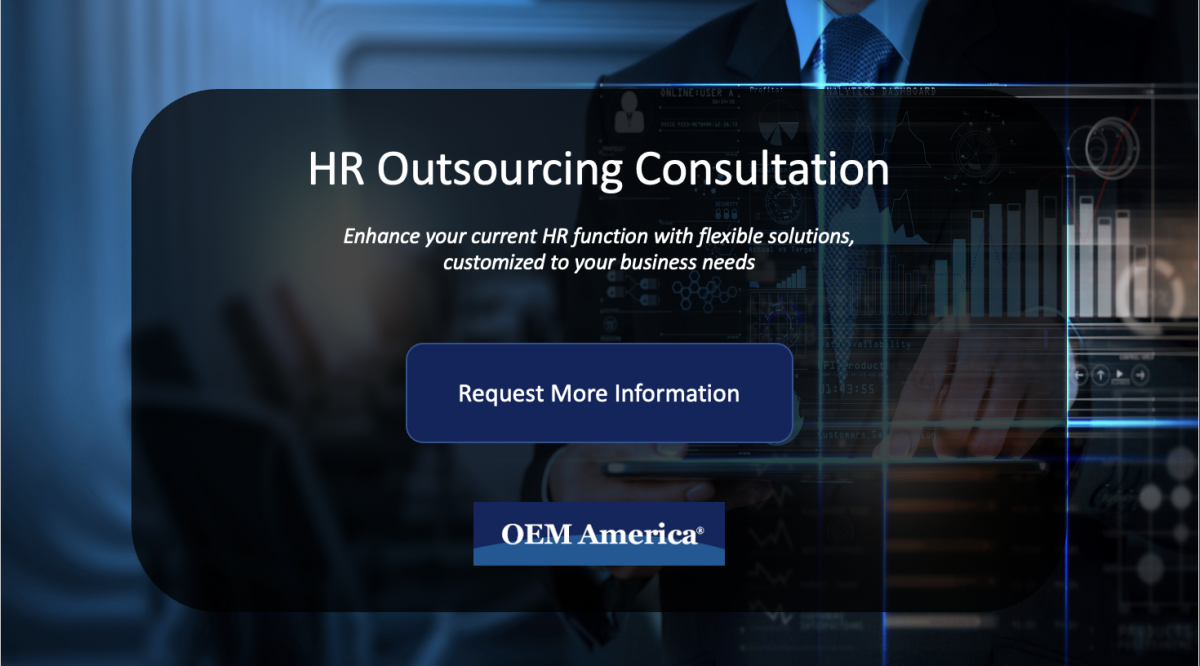What are the Benefits of an HR Audit?
The word “Audit” can carry a negative connotation, but an HR audit is actually a proactive measure for the function of a business. HR audits can help accomplish a variety of objectives, such as ensuring legal compliance, establish efficient documentation and technology practices, as well as identify strengths and weaknesses within a business. An annual HR audit should be a priority of an HR department’s activities in order to develop improvements to the function of the department as well as the organization’s workflow. Let’s look further at some of the objectives and benefits of an HR audit.
HR audits refer to a periodic review of employment files, reports, processes and records. Audits examine departmental processes and procedures in order to more easily determine compliance with employment laws and to make well-informed decisions on behalf of the company and its workforce. The following is a list of the objectives of an HR audit:
- To review the performance of the Human Resource Department and its relative activities in order to assess the effectiveness of the implementation of the various policies.
- To identify the gaps, irregularities, or short-comings of the application of policies, procedures, practices, and directives of the Human Resource Department in order to assess if change is needed.
- To provide understanding of consequences of non-implementation or wrong implementation of any programs or activities.
- To suggest measures and corrective steps in order to improve mistakes or shortcomings for effective performance of the Human Resource Department in the future.
- Evaluate staff and employees and suggest suitable recommendations for improving efficiency and productivity in the workplace.
With these objectives in mind, it’s clear that an HR audit is for the purpose of benefiting an organization. Having a well-functioning HR department is vital to the environment and productivity of the workplace. Let’s look into detail of some of the main benefits of an HR audit.
Compliance
An HR audit can reveal whether your company is in compliance with various local, state, and federal employment laws. Compliance with these laws is one of the most vital objectives of an HR audit as noncompliance can lead to liability for unfair employment practices. Employee compensation records, payroll files, job descriptions and work logs are helpful in an HR audit to determine the alignment between nondiscriminatory employment practices and current laws and regulations the company should follow.
Quality Management
If a company outsources human resources functions, there must always be a process for maintaining the quality and integrity of HR services and benefits. HR audits conducted for the purpose of quality assurance require staff expertise to review outsourced work and make comparisons between their processes and in-house capabilities. HR audits provide better decision-making in relation to retaining the services of that provider or creating ways to improve the quality of employee services performed in-house.
Workplace Policy Review
Similar to compliance with employment laws, workplace policies and procedures being up-to-date and consistent is also a primary objective for many HR audits. Annual reviews of employee handbooks and standard operating procedures ensure employers’ rules are consistent with labor and employment laws, and ensures the company is using industry best practices. This also gives employers an opportunity to determine whether all employees are aware of policies.
Taking the time to thoroughly review the policies and practices of an organization is essential to maintaining workflow. An annual HR audit can better identify specific areas in which the HR function needs additional support, improve administrative and operational efficiency, identify strengths and focus on continuous refinement for proactive improvement of a company in the future.
Go Back
